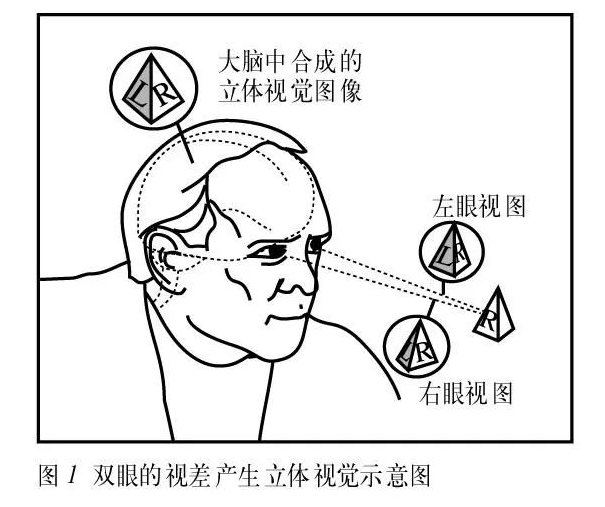Many patients are blind in one eye due to chemical injury and heat burn. Therefore, the loss of stereoscopic vision, reduction or even loss of relative visual field, strabismus, walking and wrestling, and the lack of light source stimulation of the eyes may lead to the phenomenon of eyeball atrophy

Although they are blind in one eye, they still cause great trouble to their daily life. They longed for [complete light], for returning to normal life, and for others to look at themselves with normal eyes. Therefore, they dialed the consulting phone of Microkpro with ardent hope.
Unfortunately, the Michel artificial cornea can help thousands of patients with bilateral corneal blindness, but it can not help a patient with monocular corneal blindness.
Believe that when you see or hear this sentence on the screen, you will have a question in your heart: why?
According to international practice, monocular patients can not undergo corneal transplantation or artificial corneal transplantation. Therefore, many hospitals or medical institutions at home and abroad refuse to operate on monocular patients.

First of all, any operation has risks and side effects, and corneal transplantation is no exception. For example, rejection reaction is easy to occur during this operation. Once rejection reaction occurs, the graft becomes irreversible turbid, and secondary or even multiple operations must be performed.
It is worth noting that the frequency of rejection will be greatly increased when more than 3 times of corneal transplantation are performed. At the same time, multiple operations will also lead to increasing costs. In addition, in order to suppress the rejection reaction, it is necessary to use drugs for a lifetime after the operation, which is not only expensive, but also time-consuming and laborious.
Secondly, monocular blindness can easily become stereoscopic blindness due to different binocular visual fields after corneal transplantation / artificial corneal transplantation.

You should know that normal binocular vision does not mean that the stereoscopic vision is intact. If the visual images of the two eyes cannot be fused after the operation, it will become stereoblindness. Stereoblindness will prevent patients from combining independent images from each retina to produce depth perception. Their sense of depth, convexity and concavity, and relative distance in visual space are extremely poor. They will repeatedly overturn their water cups, fall up and down stairs, and even take the river as the blue sky
Finally, for monocular blind patients, if they can rely on good eyes to get up, dress, cook and go to the supermarket, although there will be some difficulties in the process, they can meet their daily life, so there is no need to do corneal transplantation / artificial corneal transplantation. As mentioned above, any operation has risks and side effects. It is difficult to guarantee that we can continue to use it when we have more advanced medical means. Our eyes are very fragile and can not bear the [side effects] brought by multiple operations

Medicine is progressing and the times are developing. In this world, there are innovative achievements every day. We must firmly believe that there will be more advanced medical means to help single eye corneal blindness, just as today's Michel artificial cornea can make millions of eyes blind. Before that, who would have thought that blind people could recover their eyesight? Who can do it? Michaelmedical did it. From the establishment of the company in 1997 to the acquisition of registration certificate for Michel artificial cornea in 2021, Michel medical will not become possible in 24 years. Today, Microkpro is still innovating and promoting product upgrading iterations to help more blind people recover their eyesight!